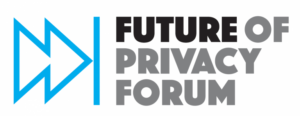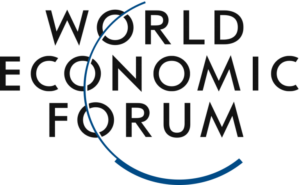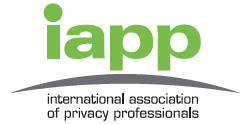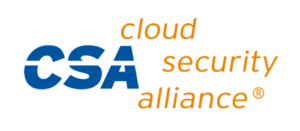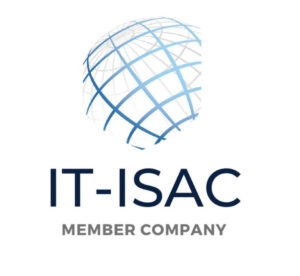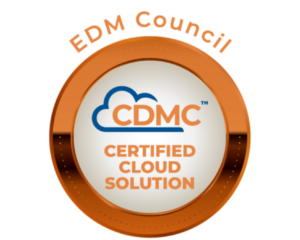How AI Frameworks Evolved
Origin
Early frameworks focused on AI model performance and development workflows—mainly for engineers and researchers. These included open-source libraries and basic lifecycle management tools.
Evolution
Modern frameworks address broader concerns across business, legal, and ethical domains. This includes:
- Responsible AI principles (e.g., fairness, transparency, safety)
- Governance architectures to assign accountability
- Regulatory alignment with government standards
- Enterprise-wide deployment frameworks that standardize risk, compliance, and oversight
Frameworks have become cross-functional playbooks for managing AI at scale.

